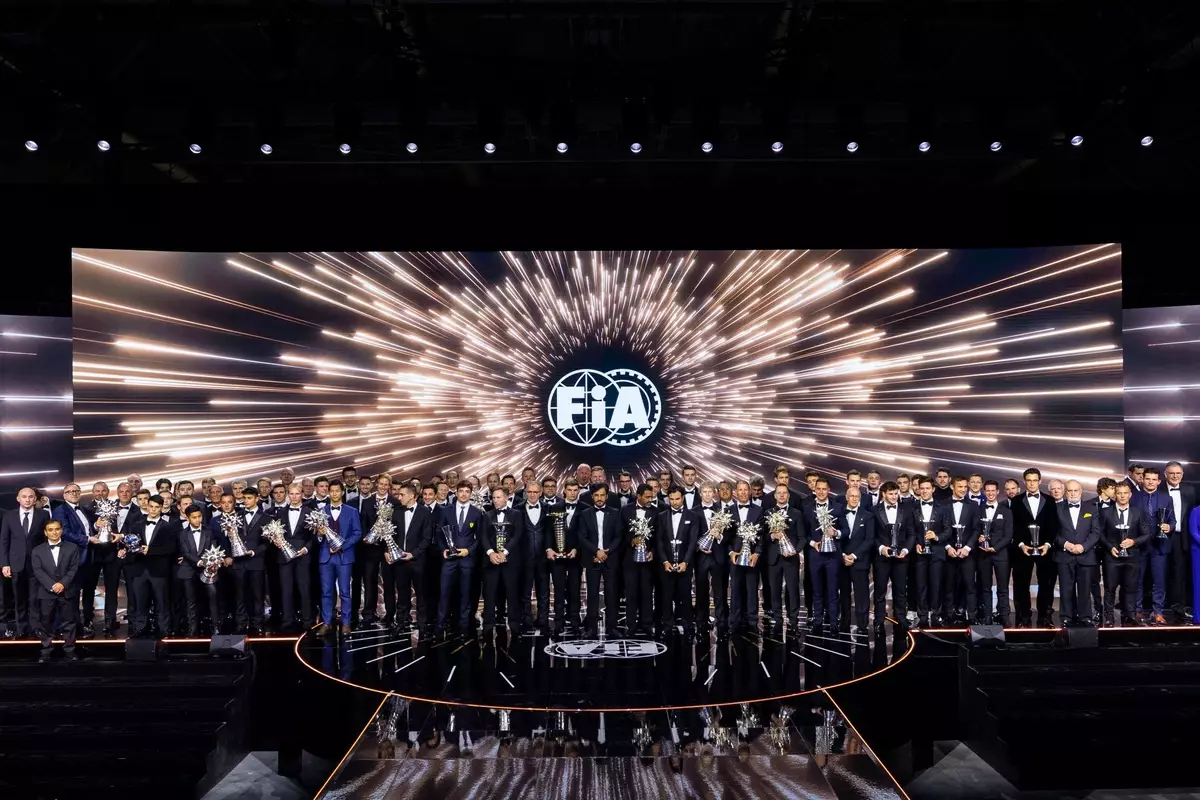The FIA (Fédération Internationale de l’Automobile) is renowned not just for motorsports but also for celebrating the dedication and achievements of its champions at the annual Prize Gala. This prestigious event, scheduled for December 13, 2023, in Kigali, Rwanda, is especially significant this year, marking the 120th anniversary of the FIA. However, the choice to proceed with the event amidst a grave health crisis raises questions regarding the balance between celebration and safety.
Recently, Rwanda has been experiencing a serious Marburg virus outbreak. This infectious disease, akin to Ebola, is notorious for its high fatality rate, which can reach up to 88%. Until now, the Marburg virus had not gained widespread attention, but the emergence of 58 confirmed cases and 13 deaths as of early October has brought it into the public eye. The World Health Organization (WHO) has characterized the outbreak as representing a “very high” risk at the national level and a “high” risk regionally, prompting health authorities to act swiftly.
Given the pathogen’s transmission—primarily through contact with infected individuals or contaminated surfaces—the implications for mass gatherings take on an immense weight. The need for stringent health protocols, from isolating the infected to mandating quarantine for those exposed, cannot be underestimated in such public events.
The FIA’s assertion to proceed with the Prize Gala, despite the WHO’s advisory against travel to Rwanda, casts a shadow over its commitment to participant safety. While the organization states that it is monitoring the situation in collaboration with Rwanda’s Ministry of Health, the ongoing outbreak poses logistical challenges that cannot simply be overlooked. The gathering of global delegates, including Formula 1 victors, involves potential risks that extend beyond individual participants, raising concerns about community health and safety.
It is essential to note that the FIA event traditionally requires attendance from championship winners, with past instances like Lewis Hamilton’s fine for missing the gala only reinforcing the importance of such appearances. The call to uphold this tradition amidst an outbreak raises ethical considerations: Is the celebratory nature of the event worth the risk to public health?
The WHO has expressed caution but stopped short of an outright travel ban, advising against close contact with symptomatic individuals. Though Rwanda’s main tourist attractions remain operational, the situation is fluid. While the FIA has indicated it has no current plans to alter the gala’s schedule, it must tread carefully in ensuring that the event does not become a super-spreader incident.
Moreover, international travelers might still feel anxious about partaking in large gatherings given the potential health hazards. Mixed messages from health organizations versus an organization’s insistence on proceeding with festivities create a confusing narrative for stakeholders.
Rwanda’s government is currently engaged in containment and response efforts alongside the WHO. As the country battles to curb the spread of the Marburg virus, collaboration between health authorities and event organizers becomes increasingly critical. Effective communication about the seriousness of the outbreak and any preventive measures taken is paramount to instill confidence in potential attendees.
The FIA must consider discontinuing its plans or protecting participants by enhancing health protocols, such as providing vaccinations to all attendees, ensuring mandatory health checks, and facilitating emergency response strategies in the event of an outbreak within the venue.
The FIA’s decision to move forward with the Prize Gala in Rwanda, despite the looming Marburg virus threat, raises significant ethical and health-related questions. The organization must critically evaluate the implications of proceeding with the celebrations against the backdrop of a public health crisis. Stakeholders—including fans, athletes, and health officials—will be closely monitoring how the situation unfolds as the date approaches. The balancing act between honoring tradition and ensuring community safety could serve as a pivotal moment for the FIA, prompting future re-evaluations of policies surrounding such events during health emergencies.

